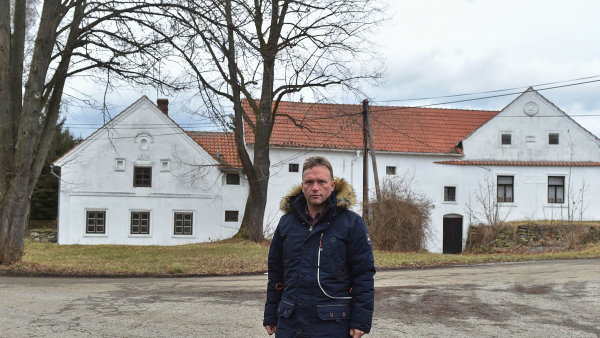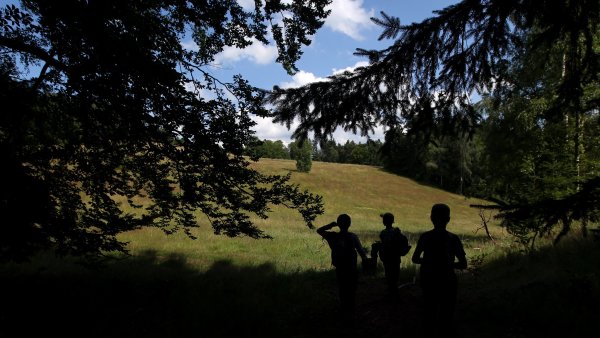To record his next hit El Micha, one of the rising stars of Cuba's reggaeton music blending reggae, Latin and electronic rhythms, just has to knock on his neighbor's door.
A microphone plugged into an old computer in an apartment in Havana's working-class suburb of Reparto Electrico serves as the studio where some of Cuba's most successful reggaeton songs are recorded.
"Reggaeton is unstoppable because it is recorded at home. It is totally independent," says Michael "El Micha" Sierra, 27, a former basketball player whose bottom row of gold teeth flash when he gives one of his frequent broad smiles.
With little official support or air time on state-controlled radio, the songs Cuban reggaeton artists record in makeshift studios lined with egg cartons for sound insulation are mostly transmitted though homemade CDs and on computer flash memory sticks.
That is how the tropical fever of reggaeton is sweeping communist-ruled Cuba, captivating its youth and enraging a cultural establishment alarmed by the vulgarity of some of its lyrics, which include phrases like "Coge mi tubo" ("Grab my pipe") and "Metela" ("Stick it in").
"Cubans know about music and if they picked reggaeton they have to be respected. The people are the ones who decide," said Sierra.
Reggaeton, a cocktail of reggae, Latin and electronic rhythms, first emerged in Puerto Rico in the mid-1990s.
Reuters
captivating its youth
pohlcuje mladou generaci
makeshift studio
improvizované nahrávací studio
to sweep - šířit se
to emerge - vynořit se, vzniknout
 Přidejte si Hospodářské noviny
mezi své oblíbené tituly
na Google zprávách.
Přidejte si Hospodářské noviny
mezi své oblíbené tituly
na Google zprávách.
Tento článek máteje zdarma. Když si předplatíte HN, budete moci číst všechny naše články nejen na vašem aktuálním připojení. Vaše předplatné brzy skončí. Předplaťte si HN a můžete i nadále číst všechny naše články. Nyní první 2 měsíce jen za 40 Kč.
- Veškerý obsah HN.cz
- Možnost kdykoliv zrušit
- Odemykejte obsah pro přátele
- Ukládejte si články na později
- Všechny články v audioverzi + playlist




